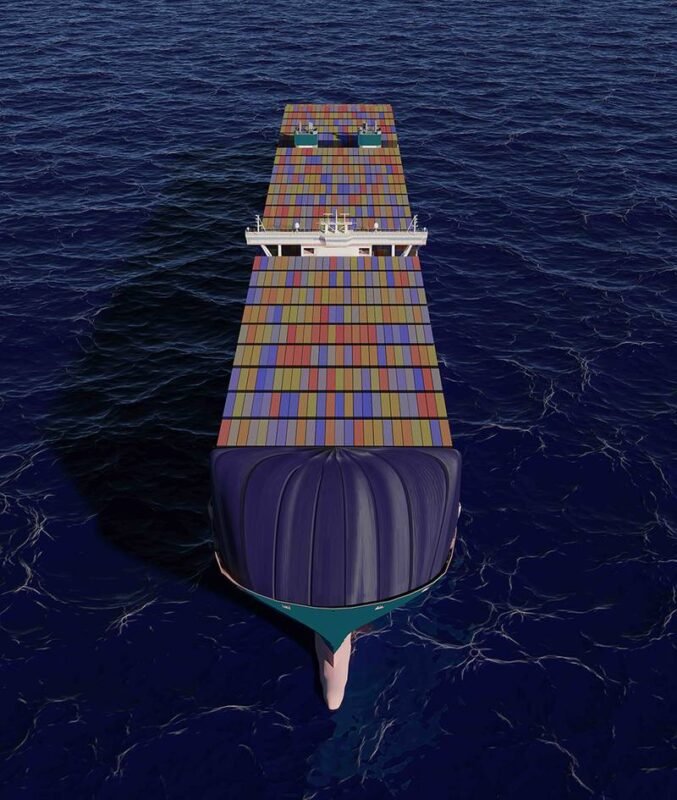Slime build-up on ocean-going cargo ships is a significant issue that impacts fuel efficiency, leading to increased emissions and higher consumer prices. A recent study from KTH Royal Institute of Technology offers a new approach to managing this problem. Researchers at KTH developed a model to estimate biofilm growth on ship hulls, allowing operators to schedule cleaning at optimal intervals to reduce fuel consumption.
Cornelius Wittig, a PhD student in fluid mechanics at KTH, explains that the study provides insight into how shear stress interacts with biofilms to promote slime fouling over time. The fouling process begins with bacteria attaching to the surface, forming base structures from which streamers grow. These imperfections increase friction between the hull and water, leading to higher fuel consumption. Wittig notes that a ship covered with biofilm can experience up to an 80 percent increase in fuel consumption.
Timing is crucial for cleaning ships to maximize fuel savings. Wittig emphasizes the importance of accurate predictions to efficiently schedule cleaning for ship operators. While more research is needed to apply the model in realistic conditions, the study highlights the potential benefits of timely hull cleaning. The research was published in the journal NPJ Biofilms and Microbiomes, showcasing the impact of biofilm growth on fuel efficiency in ocean vessels.













